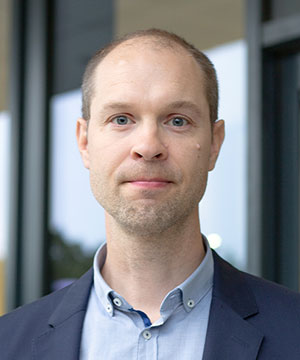What we are funding
Explore some of the hundreds of research grants that World Cancer Research Fund has awarded. You can filter your search by cancer type, location, institution or researcher.
If you need help finding a grant, get in touch with the Research team: research@wcrf.org
> View our map of research grants to see where we’re funding









